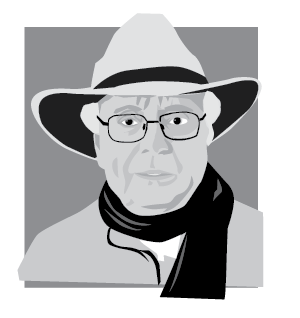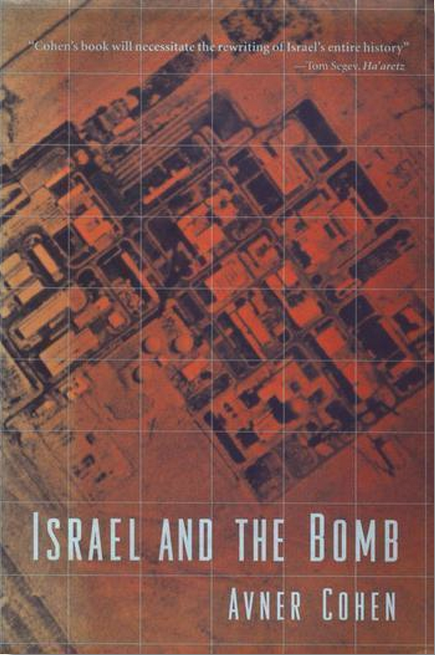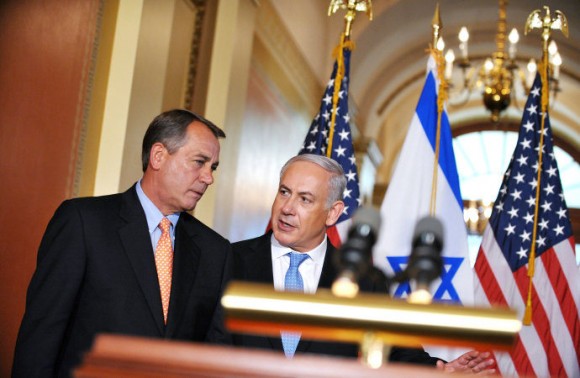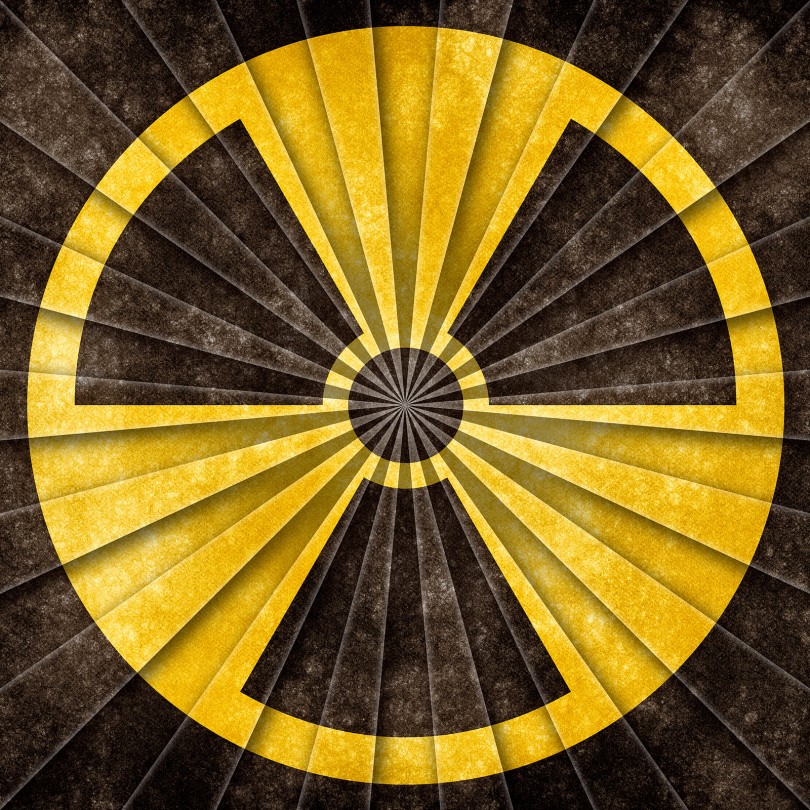aNewDomain — Iran and Israel have promised the U.S. they will not be the first to introduce nuclear weapons into the Middle East. But both countries are experts at obfuscation and camouflaging real intentions and projects from prying eyes.
— Iran and Israel have promised the U.S. they will not be the first to introduce nuclear weapons into the Middle East. But both countries are experts at obfuscation and camouflaging real intentions and projects from prying eyes.
Masters of concealment
When it comes to public and private debate of nuclear developments in the Middle East, Israel is clearly the teacher and Iran the student.
Mossad (and even the CIA) has shown Iran that it has a lot to learn when it comes to hiding military projects.
Israel is a true master at using secrecy and censorship as the hallmark of its strategy. It’s like the code of silence taken on the Dimona nuclear development, a development that remained a secret for some 50 years.
 Professor Avner Cohen, the No. 1 expert on this policy of opaqueness, writes in Israel and the Bomb about the motives for this concealment. The book analyzes …:
Professor Avner Cohen, the No. 1 expert on this policy of opaqueness, writes in Israel and the Bomb about the motives for this concealment. The book analyzes …:
… the complex reasons Israel concealed its nuclear program, from concerns over Arab reaction and the negative effect of the debate at home, to consideration of America’s commitment to nonproliferation.”
This concealment worked thanks to every US president’s willingness to keep it in the shadows, from Richard Nixon to Barack Obama. And until now, the US and Israel both utilized the “Don’t ask, don’t tell” policy when it came to nuclear development.
But the new agreement with Iran changes that language.
It’s now “We will absolutely ask … but how will we ever really know if you’re telling the truth?”
This provides leeway. It also keeps anyone from actually seeing what the bombs in development look like.
This is the main reason this historic agreement is 159 pages. The agreement actually is a document that attempts to close all loopholes. That takes a lot of ink.
Nuclear development in Middle East is subject to scrutiny …
Although Israel and Iran now are each subject to serious scrutiny about nuclear development, the US retains power. And it retains choice. Speaking in Israel recently, US Secretary of Defense Ashton Carter said:
“One of the reasons this deal is a good one is that it does nothing to prevent the military option — the U.S. military option, which I’m responsible for and which will be improved and preserved.”
So it’s a “respect and suspect” attitude. That’s markedly different than US President George W. Bush’s “do not respect and suspect” mindset.
As you might have noticed, all those who oppose this agreement were also for the Iraq war.
Iran, like other Middle East neighbors, has analyzed the rules of nuclear opacity. In a study about Israel’s opacity, Cohen and Miller ask whether “nuclear ambiguity (has) outlived its shelf life.” A fair question.
And the new agreement of the P5+ 1 with Iran shows that nuclear ambiguity clearly has a second life. The agreement leaves a lot of holes (despite the lengthy efforts to close them). And it’s through these that the Iranian government can slip. If it does, Israel would be the first to notice.
Opacity: Staying in the nuclear closet
By not affirming the real nuclear power and materials available, all players have many options left on the table. Obama knows he can’t fully trust Israeli Prime Minister Benjamin Netanyahu or the Iranian government.
With Netanyahu declaring in Congress his total opposition to Obama’s worldview, all sure bets were taken off the table.
 Iran’s Supreme Leader Ayatollah Ali Khamenei’s “Great Satan” rhetoric has always been an indictment of American life and politics. It assures that trust between the US and Iran will be a challenging relationship.
Iran’s Supreme Leader Ayatollah Ali Khamenei’s “Great Satan” rhetoric has always been an indictment of American life and politics. It assures that trust between the US and Iran will be a challenging relationship.
The trust between the US and Israel is on better footing given the military history between the two.
But Obama’s course of action and Netanyahu’s response have left the countries in serious disagreement.
Both Iran and Israel see the nuclear issue as a national insurance policy. The question is: Who will be the first to introduce nuclear weapons into this volatile part of the world? Will it be Saudi Arabia, Egypt, Iran or Israel?
By 2025, when the agreement runs its course, the answer should be clear enough.
As for me, I doubt the Middle East will ever become nuclear-free. Opacity about real intentions in the Middle East is a regular tool, even in — and especially in — nuclear matters that threaten global stability.
When will the option of peaceful dialogue be on the table? Perhaps it will be 2035. All we can really do at this point is wait and see.
For aNewDomain, I’m David Michaelis.
Images in order: Nuclear Grunge Symbol by Nicolas Raymond via Flickr; Screenshot courtesy Avner Cohen; Boehner and Netanyahu by Peter Stevens via Flickr














Could the prospect of an Iranian bomb lead Israel into levels of cooperation,unemaginable before, with some of its Arab neighbours ?
A nuclear inspired opaque peace?